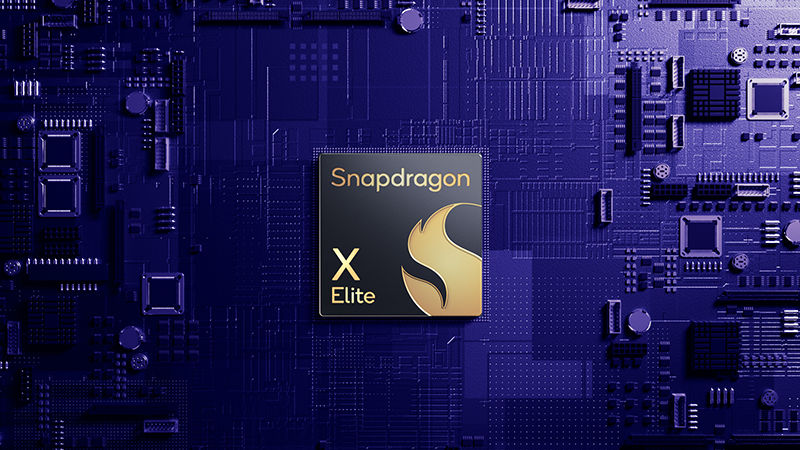The big picture: When Qualcomm announced the Snapdragon X Elite processor for connected laptops last year, the company confirmed that devices powered by the chip will start hitting the market in mid-2024. As we approach their retail launch, multiple listings of these upcoming notebooks have started to pop up on benchmarking websites, giving us some insight about their performance.

An unannounced Lenovo laptop powered by the Snapdragon X Elite SoC popped up on Geekbench (via @techinamul) earlier this week with model number "4810UV0100." The device racked up an impressive 14,254 points in the multi-core tests and 2,427 points in single-core benchmarks, both of which are higher than or at least similar to the scores notched up by comparable Intel and AMD x86-64 CPUs.
For reference, the Core i9-13900H typically scores around 2,400 points in the single-core and 11,000 points in the multi-core benchmarks in Geekbench 6.2, while the AMD Ryzen 9 8945HS scores around 2,632 in single-core and 13,155 in multi-core tests. This suggests that the new Snapdragon X Elite chip could offer similar single-core performance to the flagship Intel and AMD mobile chips, while its multi-core performance could actually be a little better.
Snapdragon X Elite LENOVO 4810UV0100 Geekbench Scores leak..
– techinamul (@techinamul) April 1, 2024
Single Score -2427
Multi Score -14254@91mobiles @BennettBuhner @9to5Google @Lexcyn pic.twitter.com/QkcvGjl16L
The new benchmark result showed up a day before Qualcomm officially claimed that the Snapdragon X Elite is faster than Intel's latest Meteor Lake mobile processors, the Core Ultra 9 185H and Core Ultra 7 155H. While both the Intel chips offer 16 cores (6 performance cores and 8 efficiency cores), the former has a 5.1GHz max turbo speed, while the latter can hit up to 4.8GHz.
According to Qualcomm, the X Elite is 51 percent faster than the Core Ultra 9 185H in single-threaded workloads when using the same amount of power, and consumes 65 percent less battery while offering similar performance. In multi-threaded applications, the X Elite is said to be 41 percent faster than the Core Ultra 9 185H using the same amount of power and consumes 58 percent less power at similar performance levels.
As a quick refresher, the Snapdragon X Elite is Qualcomm's latest Arm-based laptop processor that features 12 custom 4nm "Oryon" CPU cores clocked at up to 3.8 GHz with single- and dual-core boost up to 4.3 GHz. Devices powered by the new chip will start showing up in retail stores pretty soon, and we can expect some of the biggest PC vendors to use it in their new laptops.
Snapdragon X Elite is faster than Intel and AMD flagship CPUs in Geekbench
